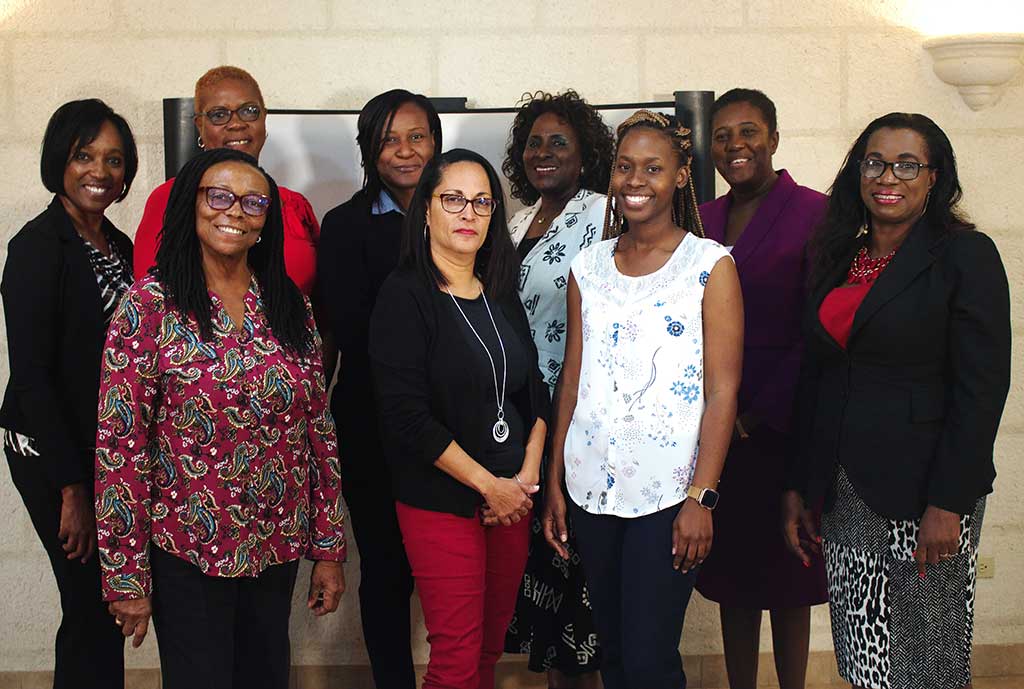- April 30th, 2019
- /
- Fan Articles
- /
- 0 Comments
- /
- FaN Project and Partners a Step Closer to Addressing Gap in HFLE Curriculum
A review of the current Caribbean Community (CARICOM) Health and Family Life Education (HFLE) curriculum by the Household Nutrition Security (FaN) project has highlighted a gap in attention to issues at the early childhood and primary school levels.
The areas to be enhanced are related to unhealthy eating and inadequate physical activity, two of the main risk factors for chronic non-communicable diseases (NCDs), the leading cause of death and disability in the Caribbean. While the Project’s intention is to enhance the subject areas at the primary school level, there is currently, no formal HFLE curriculum framework for Early Childhood Development (ECD) i.e. children 3-5 years old.
A series of meetings are being held, bringing together nutrition, education and CARICOM experts, supported by CXC, to develop an HFLE curriculum for ECD level to ensure that children, and parents, by extension, are equipped with knowledge and skills to effect positive behaviour change regarding dietary patterns and physical activity. The first draft revised curriculum will be completed shortly.
Project Manager with the FaN project, Waneisha Jones, explained that,
“the next steps will be a feedback matrix will be sent out to teachers across CARICOM and focus groups will be conducted with parents and teachers to form the second draft of the syllabus. After that, the steering committee will review and edit the syllabus into a final draft to be presented to regional Ministers of Health at the Council on Human and Social Development (COHSOD) in October 2019.”
The HFLE curriculum currently covers pupils aged 5-12 years old and is guided by four broad themes: Self and Interpersonal Relationships; Appropriate Eating and Fitness; Sexuality and Sexual Health; and Managing the Environment.
“Appropriate eating and fitness includes the influence of personal situations on eating habits, food groups, the healthy body, and personal fitness. The overall goal of the revision is to include topics to enhance health and wellness and reduce the incidence of diet-related diseases. The long term goal is to reduce the burden to the health sector and on families,”
said the Project Manager.
A third HFLE revision meeting will soon be hosted by the FaN project team. The revision of the Health and Family Life Education (HFLE) Curriculum is being supported by the Caribbean Community (CARICOM) Secretariat, United Nations Children Fund (UNICEF), Caribbean Examinations Council (CXC), Caribbean Development Bank (CDB) and International Development Partners.




